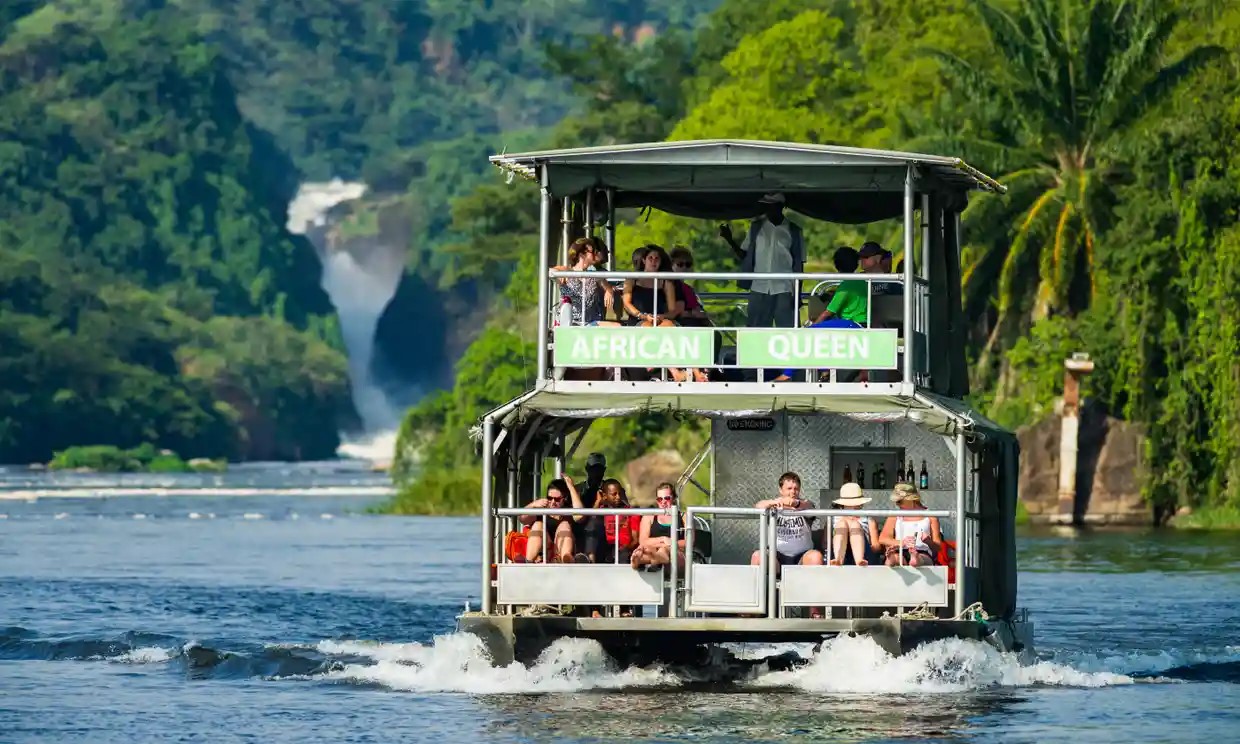Physical Address
Plot 123 Kampala, Uganda


Uganda, nestled in the heart of East Africa, is experiencing a remarkable eco-friendly tourism boom that is not only showcasing its breathtaking natural beauty but also contributing to the preservation of its diverse ecosystems. As the country opens its doors to travelers seeking authentic and sustainable experiences, Uganda is proving that tourism can be a force for good, fostering conservation efforts and supporting local communities.
One of the key drivers behind Uganda’s eco-friendly tourism boom is its commitment to wildlife conservation. The country is home to a rich tapestry of flora and fauna, including iconic species like mountain gorillas, chimpanzees, and a variety of rare bird species. Conservation initiatives, such as responsible gorilla trekking and wildlife safaris, not only offer visitors the chance to witness these majestic creatures in their natural habitats but also generate crucial funds for conservation efforts and community development.
The rise of eco-lodges and sustainable accommodations is another hallmark of Uganda’s eco-friendly tourism revolution. From the banks of the Nile to the depths of Bwindi Impenetrable National Park, eco-conscious travelers can now find a range of accommodations that prioritize environmental sustainability. These lodges often use renewable energy, implement waste reduction strategies, and engage in community partnerships, providing visitors with an immersive and eco-friendly stay.
Community-based tourism is flourishing in Uganda, creating a symbiotic relationship between travelers and local communities. Visitors can engage in cultural experiences, staying with local families, participating in traditional ceremonies, and supporting local artisans. This not only enriches the travel experience but also ensures that tourism benefits the communities directly, promoting economic empowerment and cultural preservation.
Uganda’s eco-friendly tourism boom is also marked by efforts to minimize the environmental impact of travel. Tour operators are increasingly adopting responsible practices, such as promoting low-impact trekking, encouraging waste reduction, and advocating for responsible wildlife viewing. These measures not only protect the delicate ecosystems but also contribute to the sustainability of tourism in the long run.
In conclusion, Uganda’s eco-friendly tourism boom is a testament to the country’s commitment to preserving its natural wonders and promoting sustainable travel practices. By embracing conservation efforts, supporting local communities, and prioritizing responsible tourism, Uganda is not only inviting travelers to experience its unique beauty but is also setting a standard for eco-friendly tourism worldwide. As more visitors choose to explore Uganda’s natural treasures responsibly, they become partners in the ongoing journey to protect and preserve the country’s rich biodiversity for generations to come.